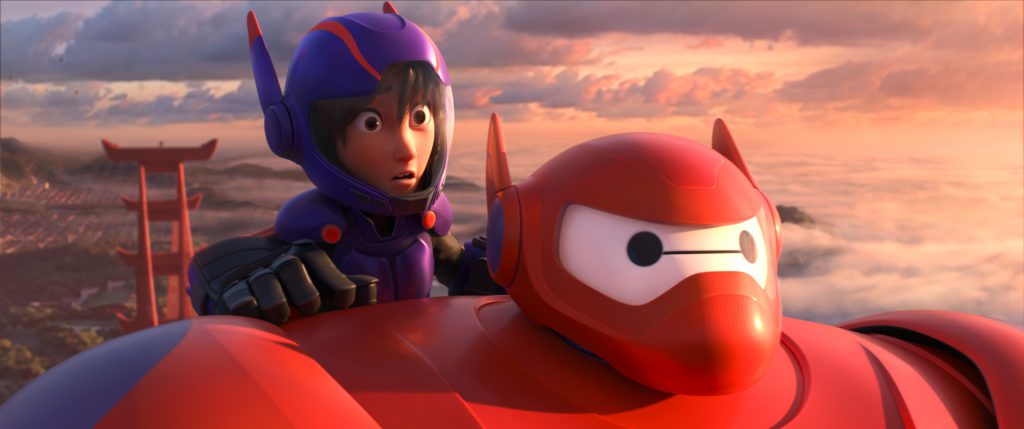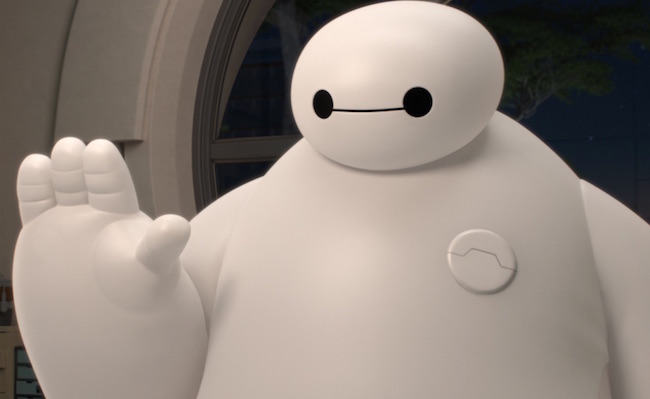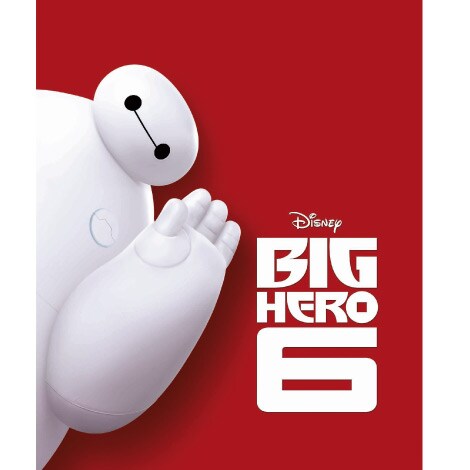written by David Steffen

Note before you read any further that this article will definitely include spoilers for the Marvel/Disney movie Big Hero 6, so stop now if you don’t want it spoiled. (It was previously reviewed here, as well as an essay about Baymax) If you haven’t seen the movie, I would recommend it! It is one of my favorites–fun, funny, flashy, action-packed, and with an overall very likeable cast of characters. The purported protagonist of the movie is the focus of this article: Hiro Hamada.
This is also a followup to a previous article “Is Baymax Really Compassionate?” focusing on the character of Baymax.
The course of this movie has a lot of ups and downs for Hiro. He starts the movie out as a bored teenager who has graduated from high school several years early and fills his bored spare time illegally gambling on black market bot fights, using bots of his own invention. His brother Tadashi helps him find more productive ways to channel his inventiveness by getting him to join his own college for gifted inventors, a dream that is abruptly cut short with an explosion at the college that kills Tadashi and their beloved Professor Callahan. During the long grieving process Hiro discovers the healthcare companion robot Baymax that his brother invented, and Baymax tries to help him find closure over his brother’s death in various ways, including by helping him investigate the cause.
As the movie goes on, in many ways Hiro finds more than just a nurse in Baymax, but a friend. Hiro spends much of his time apparently convincing Baymax that dressing up as superheroes and engaging in increasingly dangerous behaviors is helpful for Hiro’s mental well-being.
A major turning point of the movie is when Hiro and Baymax and the rest of the team discover who is responsible for Tadashi’s death and Hiro orders Baymax to kill him and Baymax refuses, which is the only point in the entire movie when Baymax says no, drawing a boundary and telling Hiro that he can’t cross it. Hiro reacts by forcing Baymax to follow his order by removing his healthcare companion programming chip so that the only programming left to him, the combat programming that Hiro had given him, leaving him a frightening shell of himself, an automatic killer. When his full programming is restored to him, Baymax reasserts this boundary and they end up working it out, Baymax apparently forgiving him for it.
I do find it troubling that the movie seems to give Hiro a pass on this. It’s understandable that Hiro was tempted to do this, considering he is in the throes of grief at his brothers untimely death. But the fact that he sees Baymax’s boundary, which is clearly stated, and effectively alters this intelligence, which he had shown signs that he considered Baymax a friend. It would be like asking a friend for something, and when they say no, you forcefully give them a lobotomy and then make them do it anyway. I don’t think that’s simply something that should be so easily forgiven with no consequences, just because Baymax is an artificial being. It is in Baymax’s nature to be forgiving, but I don’t understand how their friends aren’t more troubled by Hiro’s cavalier disregard for other people’s boundaries. And, like is too often the case in real life, Hiro Hamada’s predatory tendencies are forgiven and forgotten by everyone around him because he is considered a genius and accomplishes impressive things.
Maybe that’s why there hasn’t been a second movie (albeit there is a TV show), because it might be a hard sell for a kid’s show to be about the Trial of Hiro Hamada.


 Big Hero 6 is an animated action comedy science fiction movie released by Walt Disney Animation Studios in 2014, which is loosely based on the Marvel superhero team of the same name.
Big Hero 6 is an animated action comedy science fiction movie released by Walt Disney Animation Studios in 2014, which is loosely based on the Marvel superhero team of the same name.